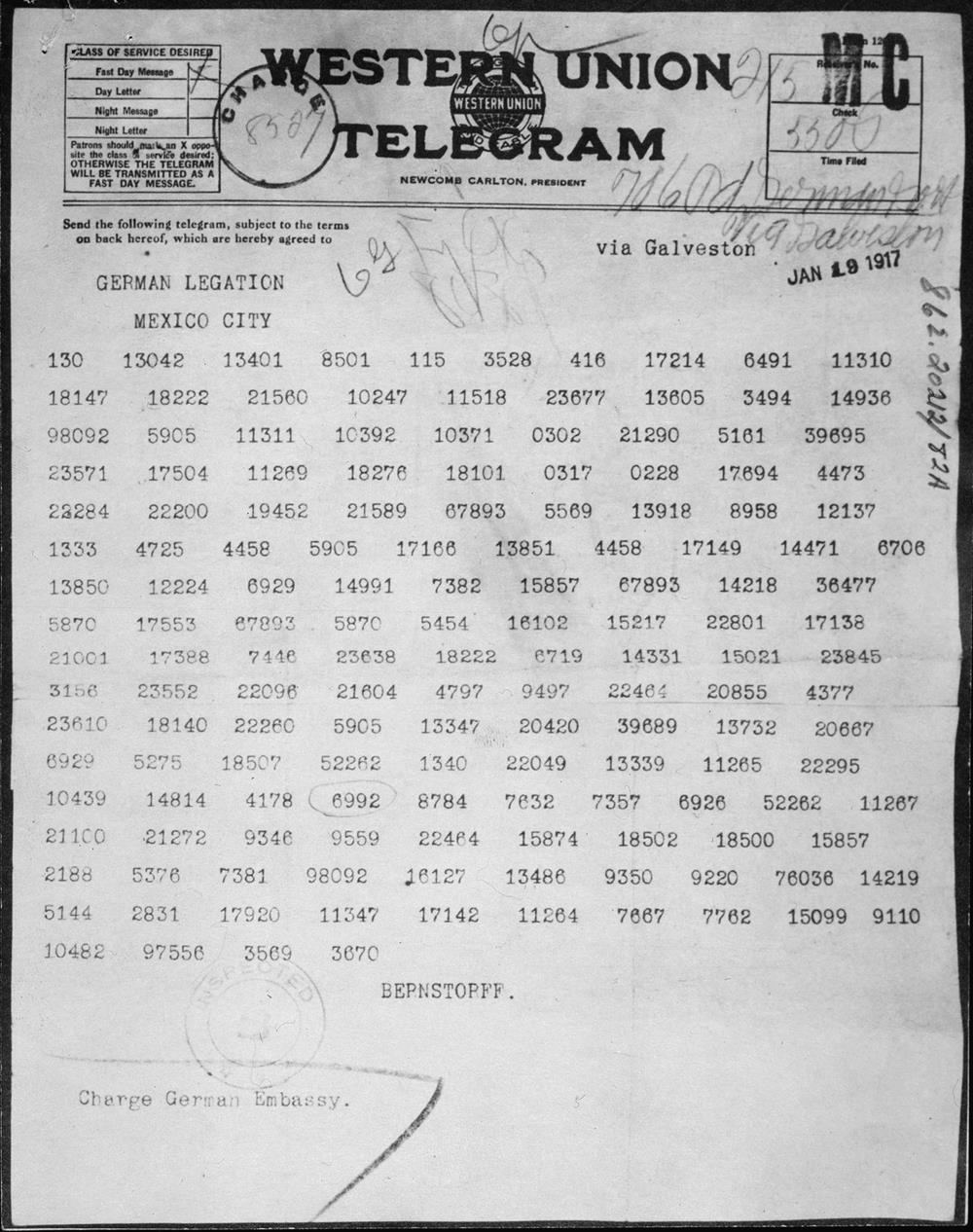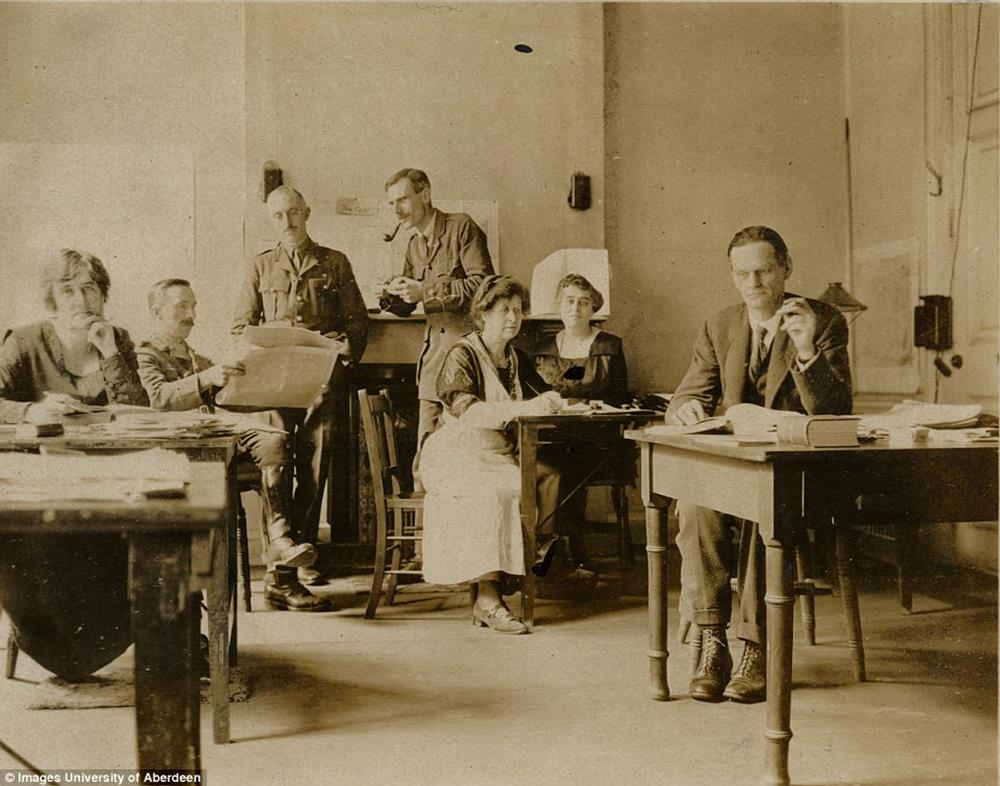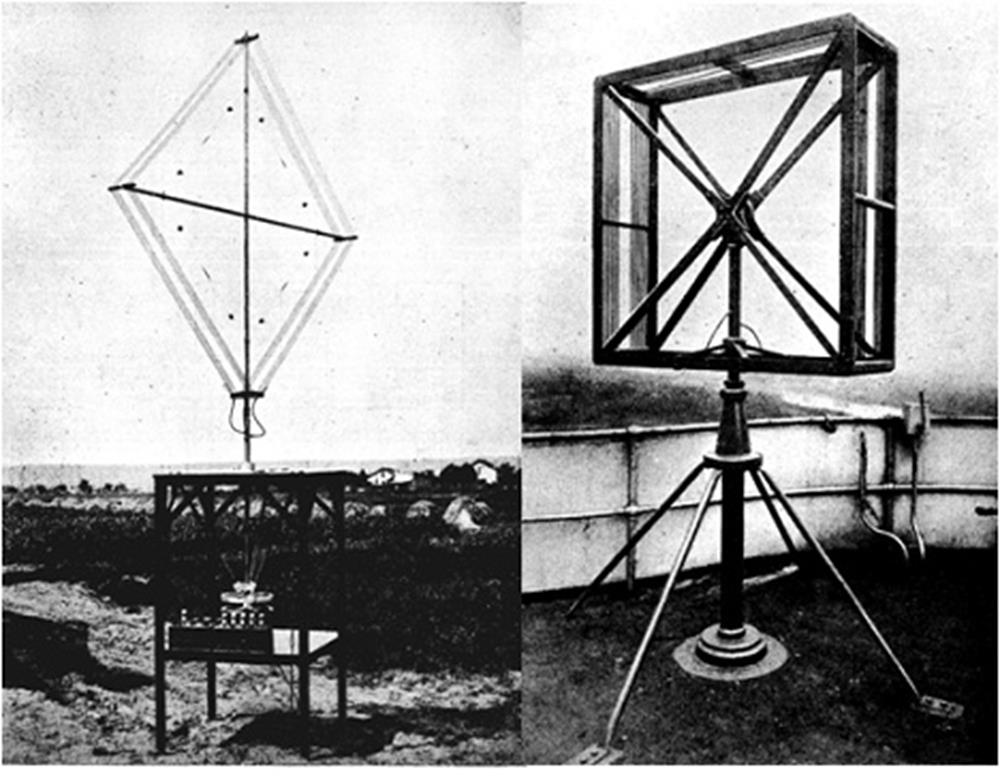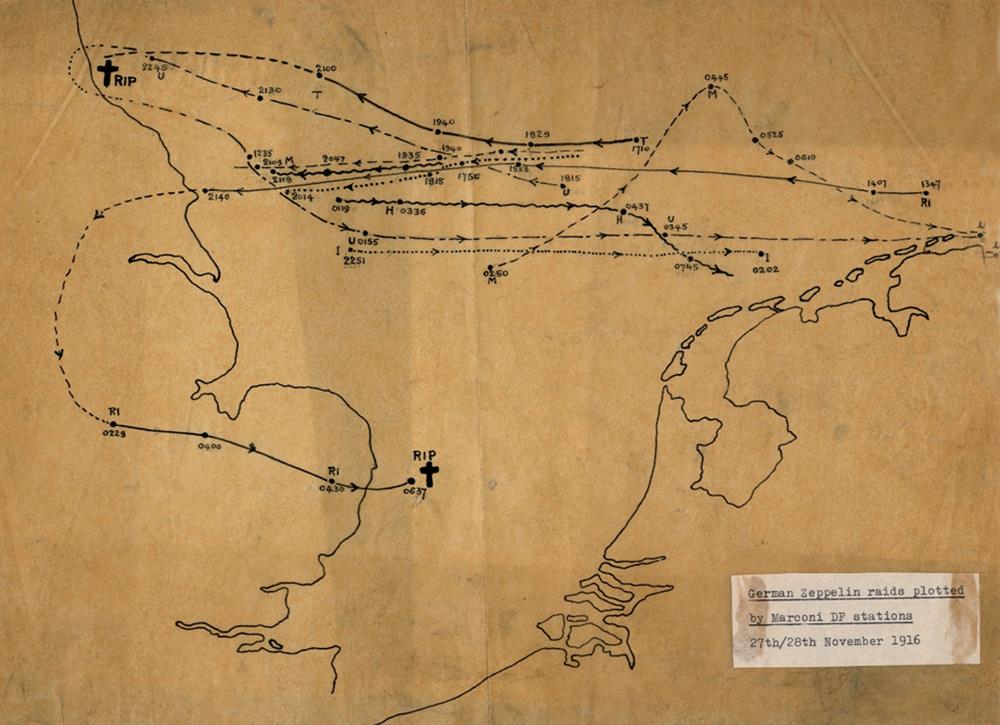High Seas Fleet Surrender 17 – Codebreaking and the Zimmermann Telegram
| < 16 – Ferrybarns Kite Balloon Station | Δ Index | 18 – The US goes to war > |
At the outbreak of war, Britain severed Germany’s telegraph cables forcing them to use radio transmissions, which could be intercepted.
In January 1917, this encrypted telegram was sent from Berlin to the German Ambassador in Mexico.

The Zimmerman Telegram in code
It proposed an alliance between Germany and Mexico if the United States entered the war against Germany. Mexico would recover Texas, Arizona, and New Mexico. The telegram was secretly intercepted and decrypted by the British Intelligence team in “Room 40” and the plain text was passed to the US Government. The combination of the telegram message and Germany’s resumption of unrestricted submarine warfare influenced the United States decision to declare war. Germany never suspected that the code had been broken.

The code-breakers in Room 40
The code-breakers in room 40 were able to decode many German radio messages, especially after code-books had been seized from captured German ships. The ships’ officers were given strict instructions to throw these overboard in lead-lined chests, but on at least one occasion a British trawler dragged up one of these chests from the sea-bed. Even when radio messages could not be decoded, the location of German ships and Zeppelins could be tracked using Radio Direction Finding (RDF) equipment.

RDF antennae

The path and destruction of a Zeppelin tracked by RDF
| < 16 – Ferrybarns Kite Balloon Station | Δ Index | 18 – The US goes to war > |